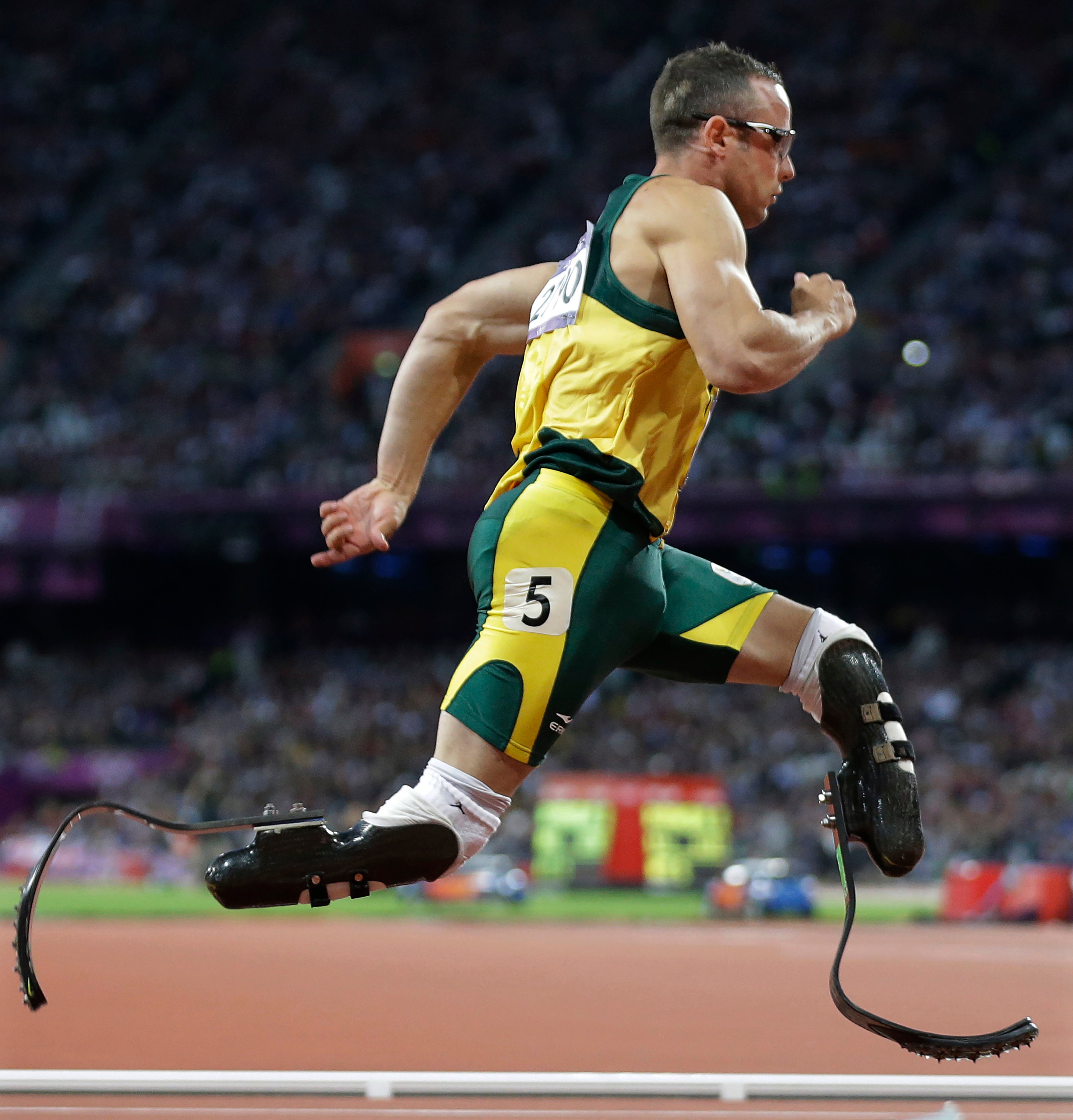Oscar Pistorius denied parole from prison decade after murdering girlfriend Reeva Steenkamp
Former Paralympic runner applied to be freed in defiance of wishes of victim’s family
Former paralympic athlete Oscar Pistorius cannot be released from prison a decade after murdering his girlfriend Reeva Steenkamp, a parole board has decided.
The former Paralympic runner, who was convicted of murdering Steenkamp on Valentine’s Day in 2013 by shooting her a number of times through a toilet door in his home, was told on Friday he had not yet served enough time in jail.
The parole board said Pistorius, 36, would be able to bid for freedom again in August next year, South Africa’s Department of Corrections said.

Steenkamp’s family had opposed his bid and gave verbal and written statements at the hearing.
The family’s lawyer, Tania Koen, said on behalf of her parents that the decision brought a huge sense of relief, adding: “While we welcome today’s decision, today is not a cause for celebration.
“We miss Reeva terribly and will do so for the rest of our lives. We believe in justice and hope that it continues to prevail.”
Before the hearing, Steenkamp’s mother, June, who is from Blackburn, Lancashire, said that she felt “very stressed” and “very nervous”, according to MailOnline. She said “[I] don't believe his story,” and that it was “very hard to be in the same room” as her daughter's murderer.
Pistorius, behind bars for almost seven years, became eligible for parole after serving half of his 13-year prison sentence.
But the Department of Correctional Services said the reason provided was that he had not served a “minimum detention period”.
“Come August 2024, he would have reached the minimum detention period, then the [parole] board will make a decision,” prison spokesperson Singabakho Nxumalo said.
“He will have to appear again next year. And then we look into the profile and make a decision in terms of his placement. But for now, it was a matter of saying he has not served the minimum detention period.”
Pistorius met Reeva Steenkamp’s father last year when participating in a process known as victim-offender dialogue, part of South Africa's restorative justice programme that brings parties affected by a crime together in an attempt to achieve “closure”.

The independent parole board, meeting behind closed doors at the Atteridgeville prison near the capital Pretoria, looked at, among other issues, whether Pistorius is at risk of committing similar crimes in future, prison Mr Nxumalo said.
It considered his disciplinary record, training programmes in prison and his physical and mental state, prison officials said.
The athlete, known as “Blade Runner” for his carbon-fibre prosthetic legs, went from public hero to convicted murderer in a trial in 2016 that drew worldwide interest.
Once the darling of the Paralympic movement for pushing for greater recognition and acceptance of disabled athletes, Pistorius, a gun enthusiast, shot dead Steenkamp, a model and law student, claiming he thought the sounds he heard were an intruder.

He shot her several times with ammunition designed to inflict maximum damage to the body.
He was jailed in 2016, initially for a six-year term, but had his sentence increased to 13 years after an appeal by prosecutors who argued the initial sentence was too lenient.
Join our commenting forum
Join thought-provoking conversations, follow other Independent readers and see their replies
Comments


Bookmark popover
Removed from bookmarks